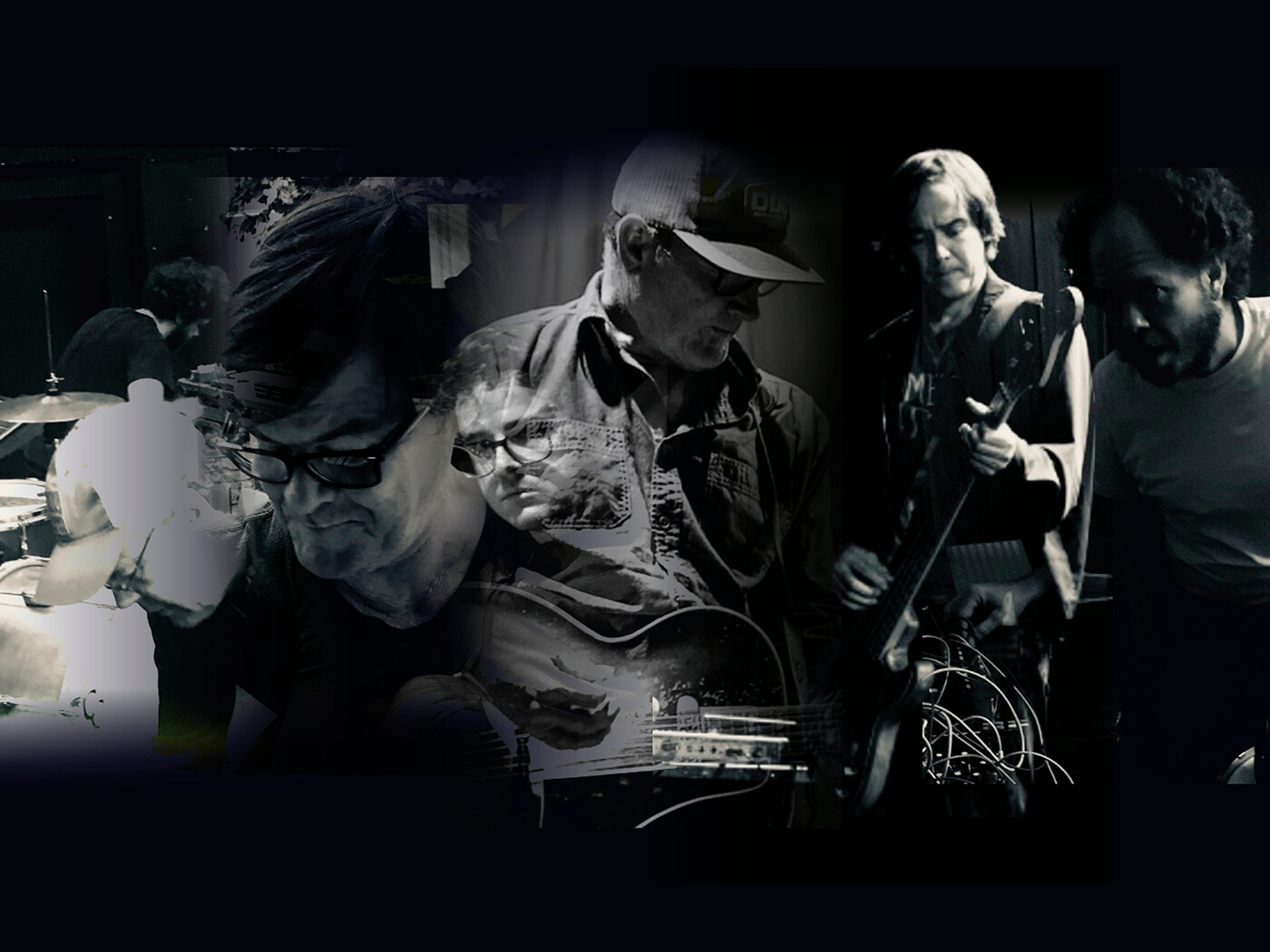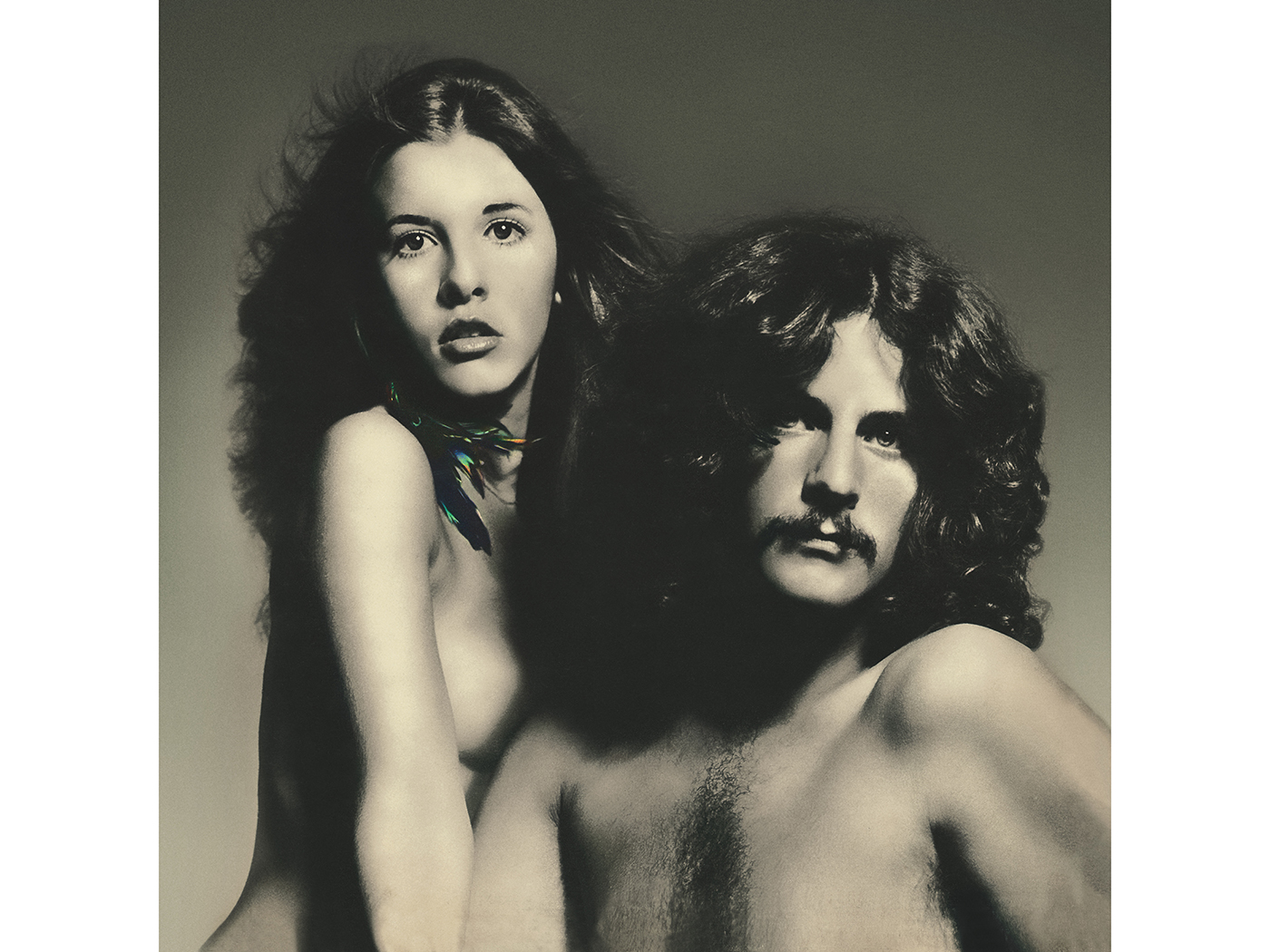
On first acquaintance it would be easy to imagine that Trip was Kurt Wagner’s lockdown project. The glitchy beats, pulsing electronics and digitally processed vocals heard on 2016’s FLOTUS and last year’s This (Is What I Wanted To Tell You) have largely been muted. Yet neither does Trip really return to the Glen Campbell-meets-Curtis Mayfield country-soul of early Lambchop triumphs such as Nixon, Uncut’s album of the year exactly 20 years ago.
All of the songs are covers and we get just six tracks. The feel is loose and amiable, with an immediacy that has not always been Lambchop’s forte. Just the sort of thing you might record at home in Nashville to keep up the spirits while a global pandemic makes the world outside seem an inhospitable and unwelcoming place.
Yet although Trip was conceived by Wagner as an alternative to taking Lambchop on the road, it transpires that the album predates coronavirus. Contemplating a tour in the fall of last year and concluding that it was economically unviable, Wagner instead invited the band to Nashville to make a record that would provide them with an income to compensate.
They arrived in early December 2019 and each band member brought with them one song to cover. Over six days they set about recording a track per day with everyone taking it in turns to direct the band, although Wagner’s rich baritone remains the lead voice throughout.
Lambchop have often recorded covers before, of course. Yet Wagner’s own elliptical, singular songwriting has always been at the core of Lambchop’s creative aesthetic, so Trip stands apart from anything they’ve recorded before. The methods adopted also suggest an attempt at a more democratic impulse, and the band here is a typically fluid incarnation.
Long-serving allies Tony Crow on piano and bassist Matt Swanson are augmented by more recent arrivals Matthew McCaughan (Bon Iver/Hiss Golden Messenger) and touring drummer Andy Stack (Wye Oak) plus homecoming pedal-steel maestro Paul Niehaus, who last played on 2006’s Damaged before defecting to Calexico and whose welcome return provides some of the finest moments.
The album opens with Wilco’s “Reservations”, chosen by McCaughan, which of all the covers most faithfully echoes the original. The simple piano splashes and Wagner’s aching vocal closely follow the take that closed Yankee Hotel Foxtrot, although the song here is effectively done and dusted in three-and-a-half minutes, after which the track builds into a blizzard of swirling electronic ambience that lasts for another 10 minutes of eerie beauty.
George Jones’s “Where Grass Won’t Grow” was chosen by Niehaus as a song with “the right amount of pity, hard luck and redemption for a proper Lambchop cover”. Wagner sings it like Scott Walker crooning “No Regrets”, while the combination of Niehaus’s sublime pedal steel, Crow’s lambent piano and the laid-back groove evoke the spirit of David Crosby’s If I Could Only Remember My Name.
Mark Swanson brought in “Shirley”, a genuine obscurity rescued from a 1975 single that was the only release in the brief lifetime of Cleveland psych-garage pioneers Mirrors. With a riff that sounds not unlike Cat Stevens’ “Matthew And Son”, it’s as upbeat as Lambchop get, albeit with a deep and sombre vocal from Wagner, before it fades into a dreamy, Calexico-style coda, courtesy of Niehaus’s swooning pedal-steel licks.
Niehaus shines again on Stack’s choice of Stevie Wonder’s “Golden Lady”, the tender melancholy of which is perhaps the closest Trip gets to the sound of early country-soul Lambchop. Crow suggested Holland-Dozier-Holland’s “Love Is Here (And Now You’re Gone)”, although his inspiration was not the Supremes hit but the version by the 12-year-old Michael Jackson, recast here complete with brassy clavinet arpeggios while Kurt’s deadpan vocal fearlessly deconstructs both the King of Pop and Diana Ross.
Only on the sixth and final day of recording did Wagner allow himself a song of his own choosing, pulling out of his bag the previously unrecorded “Weather Song”, written by Yo La Tengo bassist James McNew, an old friend whose “It’s Not Alright” was included on What Another Man Spills. Over a chiming baroque arrangement, its elegiac melody inspires Wagner’s most heartfelt vocal on the album.
There’s no brave new frontier here – and perhaps in these strange times many of us don’t really want to be challenged. Rather, these simple pleasures, full of reassurance and a satisfying indulgence, will keep us warm while we adjust to the ‘new normal’ – whatever that may eventually turn out to be.







